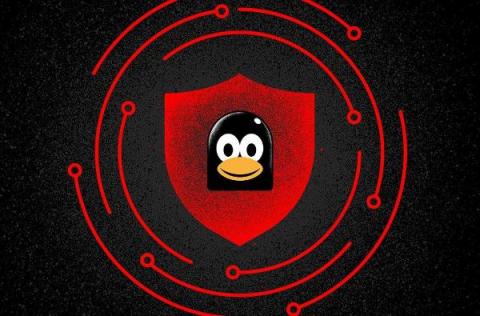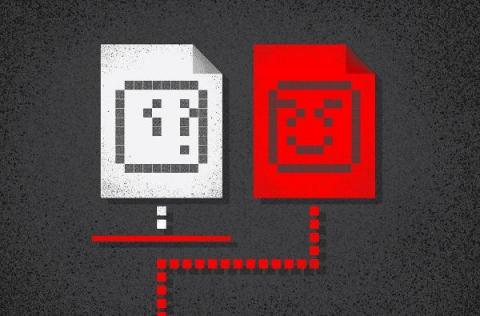CrowdStrike Falcon Proactively Protects Against Wiper Malware as CISA Warns U.S. Companies of Potential Attacks
CISA recently advised U.S. business leaders to protect their companies from destructive malware that has been seen targeting Ukraine. This emphasizes the importance of having the right technologies in place. The automated detection and protection capabilities of the CrowdStrike Falcon platform protect customers from this malware, provide them with visibility into their environments and allow for intelligent monitoring of cloud resources.











